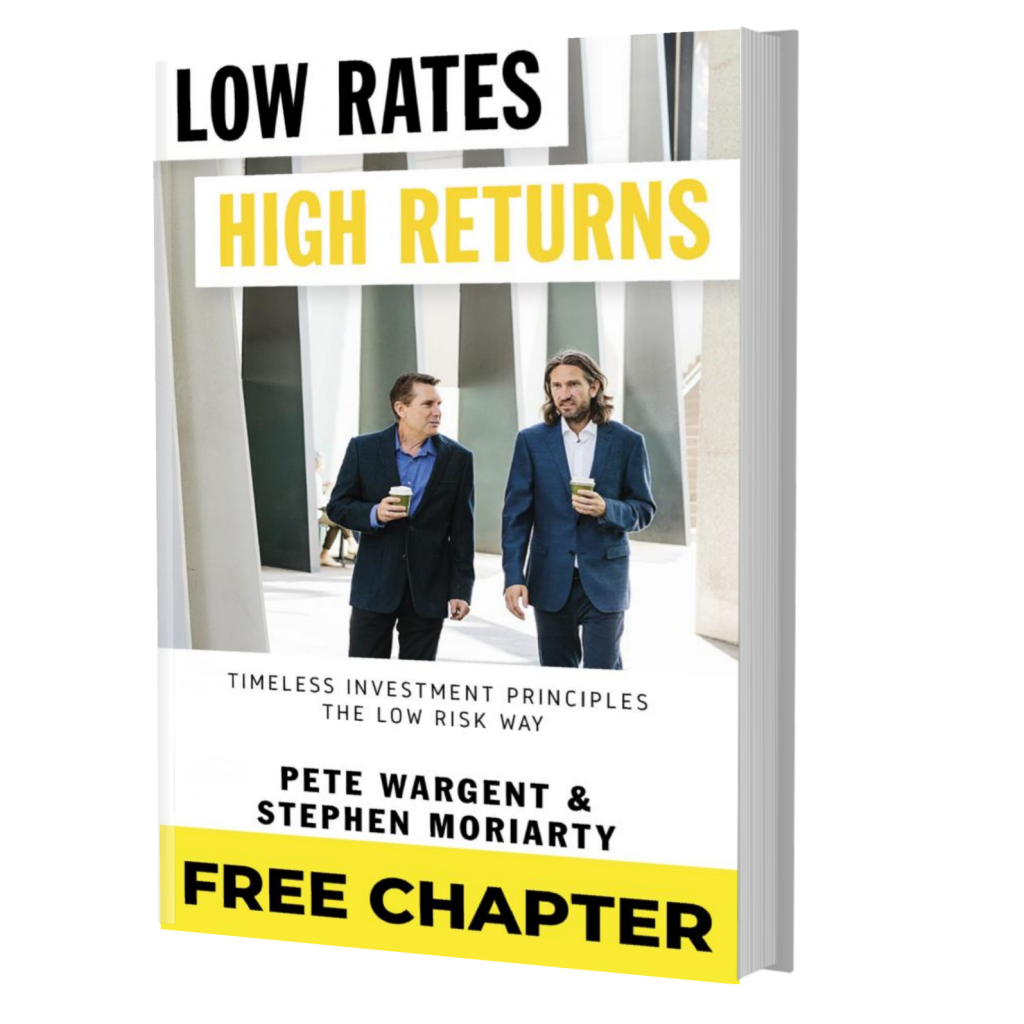Toxic and trusting teams
We’ve all come across or had to work with toxic team members or co-workers; perhaps we’ve even been one ourselves when we were in the wrong role!
There are basically only two ways to give people the opportunity to change through direct & honest feedback – carrot and stick – but it won’t always work, and we need to accept that some people will never change.
How, then, do we go about building our dream team for the long game?
Performance vs. trust
Author of The Infinite Game Simon Sinek has consulted with Navy SEALs and studied performance and human behaviour in depth, and notes that naturally all teams would ideally comprise members demonstrating both a high level of performance and a high level of trust.
The challenge comes when you have ‘toxic’ team members in the upper-left quadrant, who may rank as high performers but can destroy morale or be untrustworthy energy-sappers when ‘off the battlefield’.

The SEALs would rather choose a medium-level performer that can be trusted than a high performer prone to narcissism or bad-mouthing other team members.
Trust is a measure of what kind of person you are, says Sinek, but organisations tend to focus too much on performance, in turn often rewarding toxic employees with promotion.
When choosing a babysitter, we’d choose someone we trust over someone with more experience every single time…so why do we it differently at work, instead focusing solely on experience & resumés?
Think vision & trust first
Sinek says all groups and organisations need a reason to exist, which is your ‘why’.
And if you speak first and foremost of your vision and about your ‘why’ then you’re more likely to attract the right type of people for your mission.
Your team members should care about and be able to be vulnerable with each other.
Over the long run promoting toxic team members can destroy businesses and organisations as they undermine or sabotage the vision.
But if we surround ourselves with people with common values, who believe what we believe, then trust emerges and the long run outcome will be a happy one.
—
Recommended read: Simon Sinek, The Infinite Game





